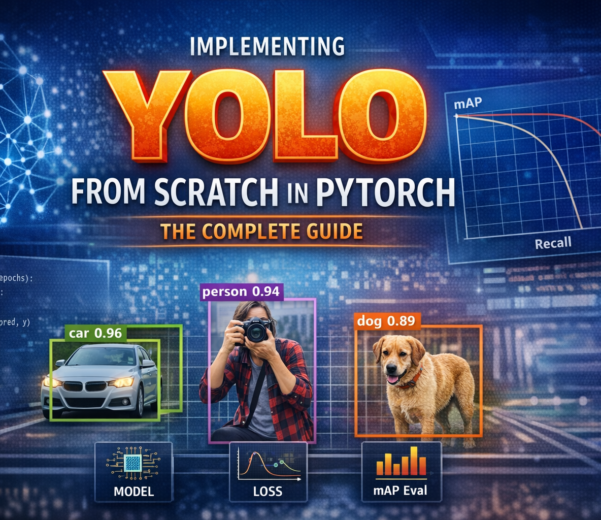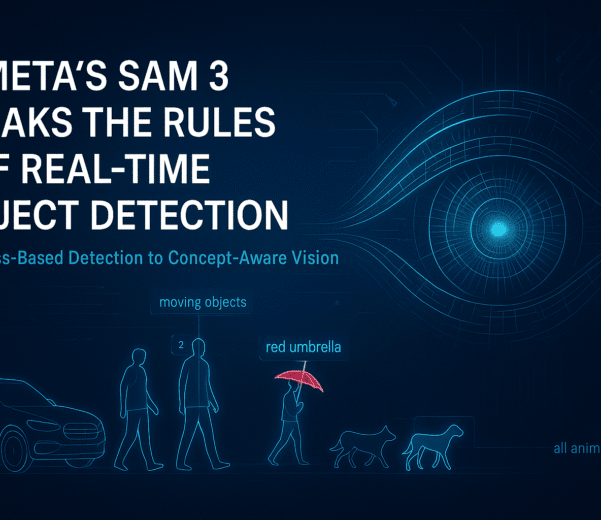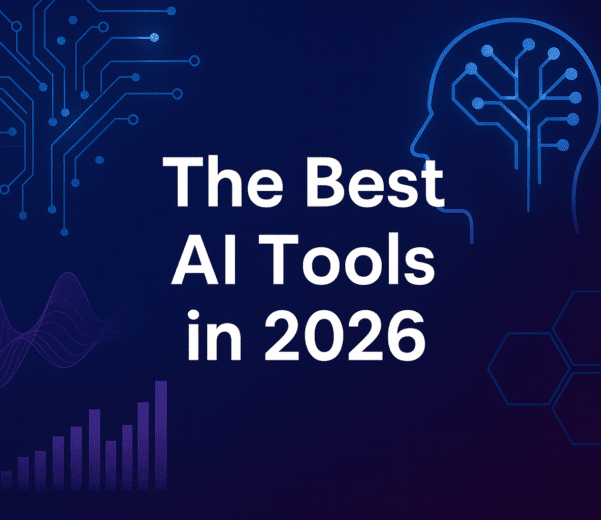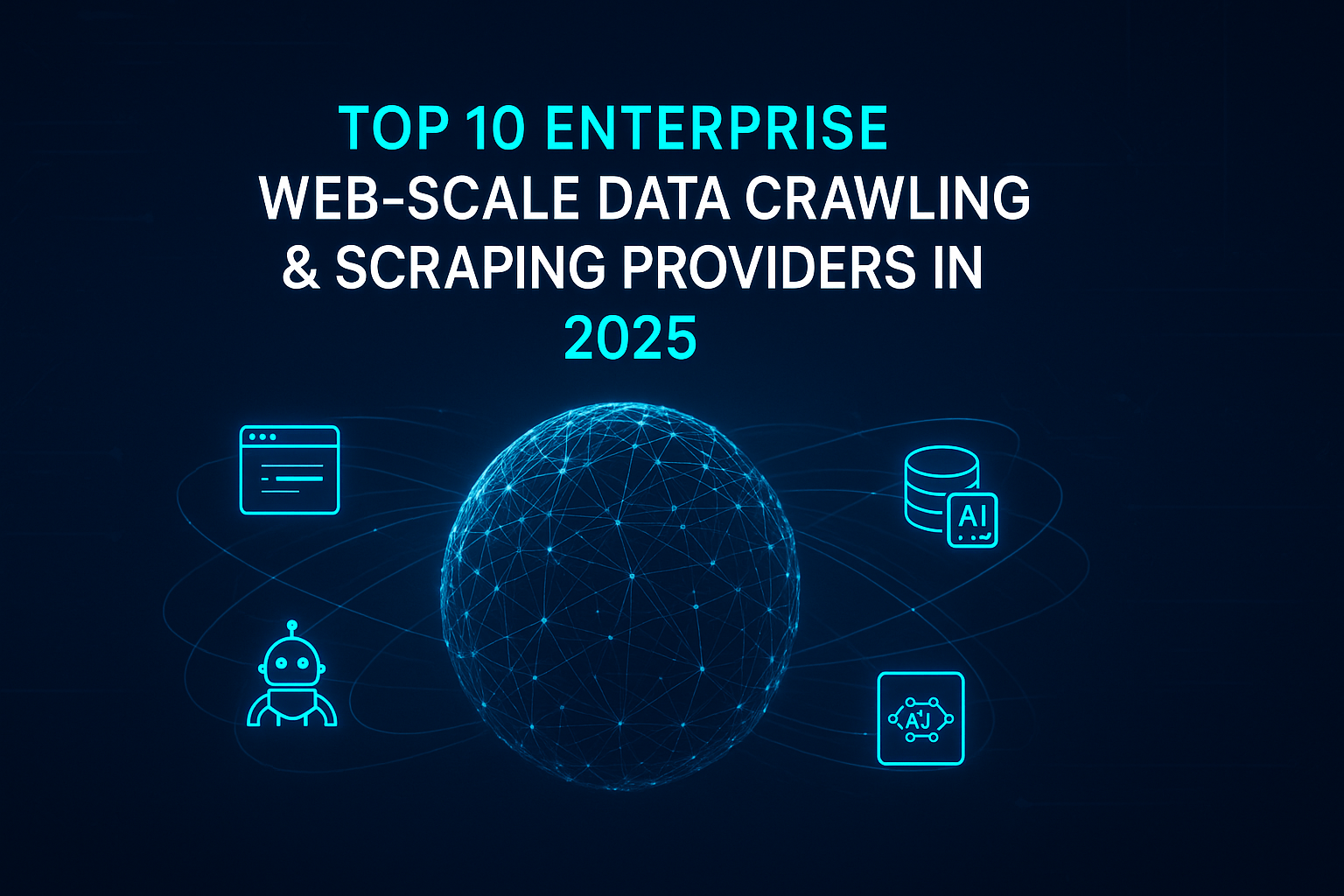Artificial intelligence in the automobile sector is on the verge of a massive revolution. Ambitious automakers have begun implementing innovative technology into their goods and operations to remain one step ahead of market rivals.
The contemporary car is strengthened with technology and applications:
- Sensors that collect useful information on the state of the vehicle and the driver’s behavior Complex machine learning (ML) algorithms that translate acquired data into meaningful reports.
- as well as the use of this data to segment customers and provide customized services These are only a few of the most prevalent artificial intelligence use cases in automotive applications right now.
- These improvements have only enhanced the interaction between car OEMs and specialty software technology solution suppliers.
Embitel has been creating disruptive solutions for connected automobiles of the future as a trusted technology partner for global automotive OEMs and Tier 1 Suppliers. Our IoT team, which includes professionals in artificial intelligence (AI), cloud solutions, and embedded software, has been merging business knowledge with sophisticated tools and processes to provide insights for future decision-making.
In this post, we look at some of the different AI/ML trends in the automotive sector, as well as the accompanying ideas/products that we have developed at our IoT Innovation Lab in Bengaluru.
AI Applications in the Automotive Industry
The use of artificial intelligence and data science has helped not just automobile manufacturers, but also parts/software suppliers, vehicle rental firms, and other automotive-related enterprises.
Data science and artificial intelligence (AI) are used by visionaries in the connected automobile and autonomous driving industries to build breakthrough innovations.
Predictive maintenance
Predictive Maintenance is one of the best instances of how data science can be used to offer value to the automobile industry.
Analytics in Manufacturing Analytics is an exceptionally strong tool in the manufacturing value chain. To fully exploit the potential of data science, it is necessary to evaluate and gather data from several functions across the entire life cycle.
This suggests that an end-to-end analytics approach that includes workforce analytics, asset/inventory management, and operational planning is critical for producing insights.
The application of artificial intelligence (AI) in automobile production assists manufacturers in lowering manufacturing costs while also providing a safer and more efficient factory floor.
Anomalies in products may be easily identified using technologies such as computer vision. ML algorithms may be used for product development and simulation.
AI also aids in the prediction of automotive component failures
Vehicle Maintenance Recommendations Machine learning algorithms may be used to deliver developing vehicle maintenance recommendations to drivers. It is feasible to forecast when the next such event/issue will occur based on the previous occurrence of such event/issue.
Data acquired by a vehicle’s sensors, for example, may show progressive warming, friction, or noise. These problems might potentially lead to the failure of a particular vehicle item in the future.
The machine learning algorithm captures these occurrences regularly and analyses the frequency with which they occur.
Based on the data, it also properly forecasts when the vehicle or item would fail.
To prevent such a breakdown, the driver should take precautionary precautions such as having the vehicle examined and scheduled maintenance services. This is a famous example of automotive predictive maintenance.
Automotive OEMs are progressively incorporating predictive maintenance into their cars to increase customer adherence to vehicle maintenance schedules, promote customer happiness, and boost brand reputation.
Analytics of Driver Behavior
AI and Deep Learning-based automotive apps can provide a wealth of useful car insights. Cameras and infrared sensors can precisely monitor the driver’s activity and send warning messages to help prevent accidents. Some of the primary areas of attention for driver behavior analytics include the identification of:
IoT sensors can gather data on motorist speeds, fast bends, and rapid braking, among other things. This data may be continually evaluated to generate an impression of the driver’s conduct on the road.
Project Genie, a user-friendly smartphone app created by Embitel engineers, can analyze the driver’s road performance and offer comments at the end of each voyage. This assists the motorist in understanding the faults with his driving and taking remedial steps to keep himself safe.
Driver distraction Machine learning-based automobile systems that identify driver distraction and provide early warning indicators may help drivers.
A driver, for example, may be engaged in a variety of other things while driving. This includes answering phone calls, texting, reaching out to the rear seat, conversing with passengers, smoking, reaching for the infotainment system to play music, and so on.
App for Detecting Driver Distractions
1- DriveSafe, an Embitel Innovation Lab incubated real-time driver distraction detection software, can evaluate driver behaviors and categorize them as focused or distracted. The motorist is then alerted of distracted driving by audio and SMS notifications, allowing him or her to refocus on the road.
2- Driver sleepiness Machine learning-based automobile applications can identify a driver’s eye openness and head posture. If the driver is discovered to be sleepy, the app sends a warning to inform him or her.
Analytics of driver behavior in the insurance industry:
Insightful risk profiles are built for each driver based on his or her driving performance, personal concerns, health challenges, and a variety of other variables that might impact their driving. This information is used to calculate the premium.
Examining the Road Conditions
AI-powered automobile apps can identify road conditions in real-time, informing drivers of construction work, accidents, speed restrictions, and road closures before they begin their trip.
Embitel’s AI/ML developers devised an IoT-based smartphone app to monitor road conditions and give drivers suitable navigation aid depending on these variables. Based on potholes, humps, and road closures, this software estimates the best route for travel. The driver is also notified of the coming hump/pothole about 100 meters before it is reached.
This information is very useful for commuters in places with regular traffic congestion and road construction activities.
Examining the Road Conditions
If a person is driving in a new city, he or she must rely entirely on an online mapping tool for the best route option. He or she would be unaware of the unpaved roads that may be part of the app’s optimum routing. Our engineers’ smartphone app can integrate road condition information and traffic facts to deliver the optimum course option.
Conclusion
Increased competition, cost pressure, and instability is all affecting the automobile industry. Even little modifications may help automakers make significant advances toward boosting their market share. Because data science is developing as a game-changer in the automobile sector, the possibilities it provides are many.
The moment has come to use artificial intelligence in automobile applications. Please contact us if you have an innovative AI/ML-based application concept. We can assist you in making your concept a reality.












